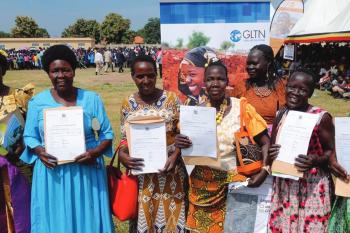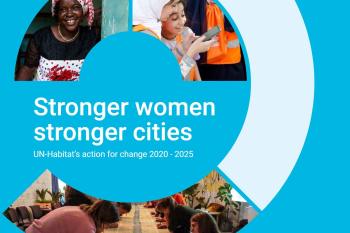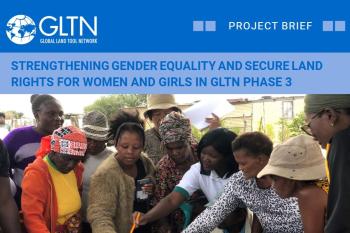
Read More
Gender Strategy for Land-at-Scale Uganda
Women’s Land Rights (WLRs) are fundamental human rights, foundational to gender equality and women’s dignity and instrumental in improving food security, effective climate action, poverty eradicati

Because most children throughout the world attend elementary and secondary schools near their homes, where they live usually determines where they go to school. In the United States, the relationship between residential location and education has been especially strong given the dominance of local funding and local control of K–12 education. School quality varies markedly among the more than 14,000 school districts across the United States and within many of the country’s large urban districts. Housing prices reflect school quality; houses in better school districts or more advantaged neighborhoods of large districts sell at a premium. In other words, school quality is capitalized into the price of land. The chapters in this volume explore the links between education, location, and land based on the proceedings of the 8th Annual Land Policy Conference of the Lincoln Institute of Land Policy. Three policy outcomes are the focus: academic achievement of schoolchildren; racial, ethnic, and socioeconomic segregation; and equality of opportunity, all of which have broad relevance to U.S. public policy. The topics include the expansion of school choice, especially through charter schools and home schooling; the importance of cognitive skills for economic growth; the role of the property tax in school finance and alternative revenue sources; the structure of school districts; transportation to school; effects of school location; and housing policies that can unlink education and location.

Women’s Land Rights (WLRs) are fundamental human rights, foundational to gender equality and women’s dignity and instrumental in improving food security, effective climate action, poverty eradicati

This publication presents a summary of UN-Habitat’s gender equality impact over the past five years, in line with the Beijing reporting cycle.

GLTN’s institutional commitment to gender equality and secure land rights for women and girls has been at the core of its work since inception in 2006.